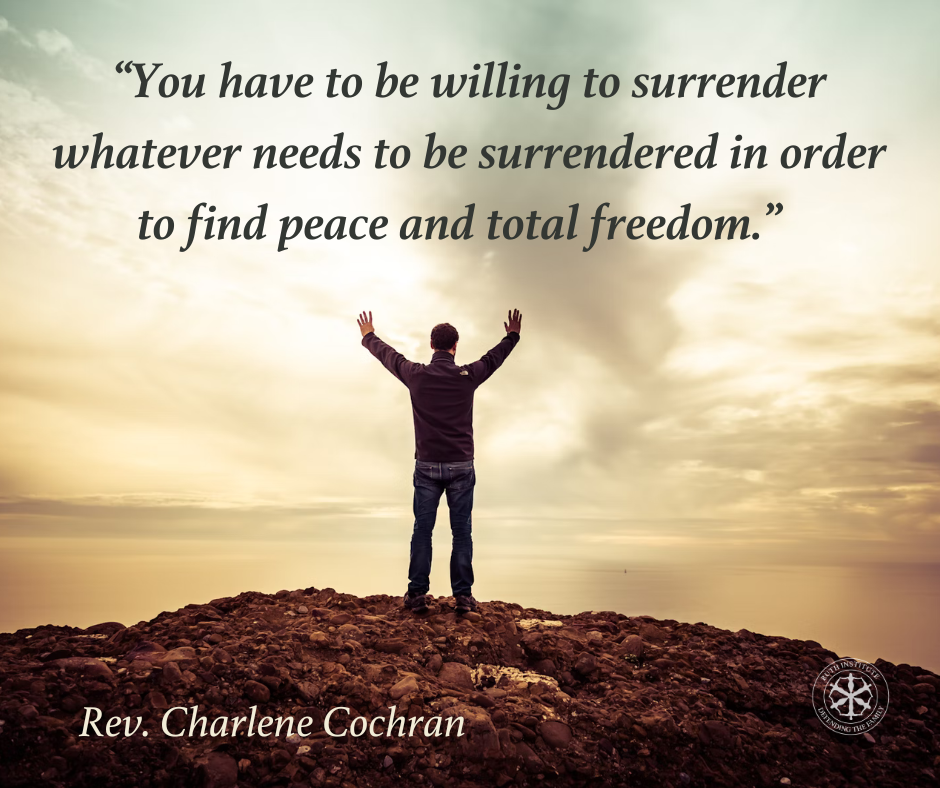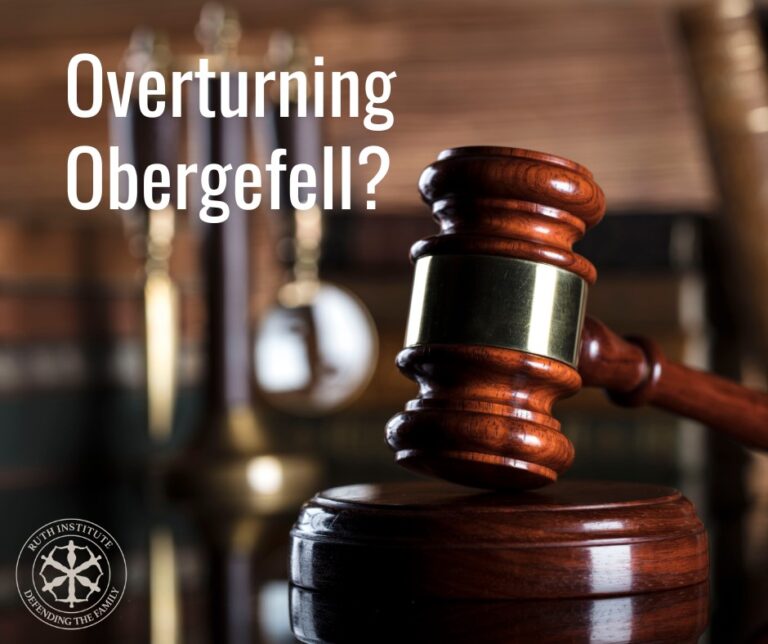Faith Hakesley
Recently, I spoke with some survivors of childhood sexual abuse. They are males who were abused by males. These brave individuals shared how difficult the month of June is for them. The in-your-face displays of Pride can be triggering and deeply distressing. Pride month demonstrations highlight a group of individuals who are in need of serious mental and spiritual help and healing most often due to childhood trauma.
Pride Month Highlights Childhood Trauma

Sexual abuse is a traumatic experience with long-lasting effects on mental and emotional well-being. Pride celebrations can easily highlight trauma for victims of sexual abuse, creating a challenging emotional landscape. Whether a victim was abused by someone of the same sex or struggled with their sexual identity following the abuse, the pervasive celebrations can evoke painful memories and create feelings of confusion, isolation, and distress. Those feelings can be intensified by the sense that their trauma is overshadowed by a group that appears solely focused on its own visibility and acceptance.
A very high percentage of people living the LGBTQ lifestyle experienced childhood trauma. This is part of the reason we see an overwhelming amount of mental health issues in people living the LGBTQ lifestyle. People who suffered sexual, physical, or emotional abuse as children are more likely to develop a variety of challenges. These issues are exacerbated when victims become immersed in the gay lifestyle.
The promotion of LGBTQ themes can be especially confusing and harmful to young, impressionable minds. The gay lobby’s repeated attempts to de-emphasize the traditional family values that are essential for healthy development are nothing short of child abuse. Children deserve to have their innocence prioritized. LGBTQ groups fail to do so. Parents should be able to offer their children clear, consistent guidelines that are aligned with basic biology (the way God intended) without interference from others. Any group promoting “self-discovery,” self-mutilation, promiscuity, and going against basic biology should not be trusted to help individuals who have already suffered enough due to abuse. The LGBTQ movement only causes further trauma.
Pride Offers Problems, Not Solutions
Becoming involved with the wrong influences following any kind of trauma can be dangerous to one’s well-being. It can potentially lead to harmful connections and decisions they may later regret. In their search for acceptance and validation following trauma, survivors of sexual abuse sometimes find themselves embraced by the wrong crowd. Yet, the “help” the LGBTQ group offers is not a solution. It is not healing. Rather, despite the constant push for acceptance of the LGBTQ crowd, this group only creates further issues and additional trauma. In her recent article in the National Catholic Register, Dr. Jennifer Roback Morse points out that, “The social changes in the past 30 years have not actually improved the mental health of the people who were supposed to be helped.” How sad!
Male victims of sexual abuse face particularly unique challenges. They are often less likely to report their experiences or seek help due to fear of judgment, shame, and societal expectations. This can lead to feelings of isolation and discouragement. These issues are further compounded during Pride month, which heavily focuses on sexual identity and expression.
In an interview with Dr. Jennifer Roback Morse on the Dr. J. Show, former lesbian Rev. Charlene Cothran spoke about support groups where gays frequently talked about their childhood sexual abuse as children. “It is not a real life…They call it a community, but it is a collection of people with dysfunctions that are…codependent on one another.”
No one should be enabling negative behaviors regardless of what led to those behaviors in the first place. Instead, we should be focusing on helping victims address what led them there in the first place. They need resources and support to heal from their trauma, free them from their immoral lifestyles, and recognize their dignity and worth as children of God.
In the words of Dr. Jennifer Roback Morse, “No one should feel trapped in a life that doesn’t feel right for their life goals and their moral values. Being told they were ‘born that way’ and there’s no way out adds another layer of pain and shame.”
Ex-Gay Visibility
Few people acknowledge the people who have fought to get out of the LGBTQ lifestyle. We hear about people “coming out of the closet” all the time. When is the last time we heard the mainstream media report on someone leaving that lifestyle? You’d be hard-pressed to find many examples. Yet the truth is, people leave that lifestyle all the time and are better off because of it. They deserve our support and encouragement, especially when it comes to sharing their stories. These brave individuals bring hope to the world and inspire others.
Marco Casanova is just one of many examples of someone who lived an active homosexual life but found freedom in embracing his psychological wounds. He was not only suffering from an early father wound, but he was also exposed to pornography at a young age. Both of these issues are common denominators in a person’s choice to label themselves “gay.”
Honoring the Dignity of Every Person
If you are someone who entered the LGBTQ lifestyle as a result of childhood trauma, or have been hurt by someone in that group, please know that you can get out. There is always hope! In the words of Rev. Charlene Cochran, “You have to be willing to surrender whatever needs to be surrendered in order to find peace and total freedom.”
Understanding and supporting survivors in their healing journey, especially during triggering times, is crucial. Our goal should be to cultivate a society that respects and honors the dignity of every person. Honoring someone’s dignity does not mean caving whatever their impulse is at the moment. It can mean getting them the help they need and assisting them to walk through confusing times.

As Christians, we are called to be a light in the world, offering hope, healing, and love to all. This is especially true for the most vulnerable. We should celebrate the strength of those who have overcome difficult pasts and provide a compassionate response to those who are hurting. Let us commit to supporting victims of sexual abuse and those who have chosen to leave the LGBTQ lifestyle. They deserve to have their bravery recognized. They deserve to find peace and fulfillment in God’s plan for their lives.
Desert Streams Living Waters is one resource that helps men and women “coming out of a host of starting points of sexual and relational brokenness” to find healing.
If you believe in the mission of the Ruth Institute to provide a voice for brave souls who have left the LGBTQ lifestyle, please consider donating to our ex-gay visibility campaign.



